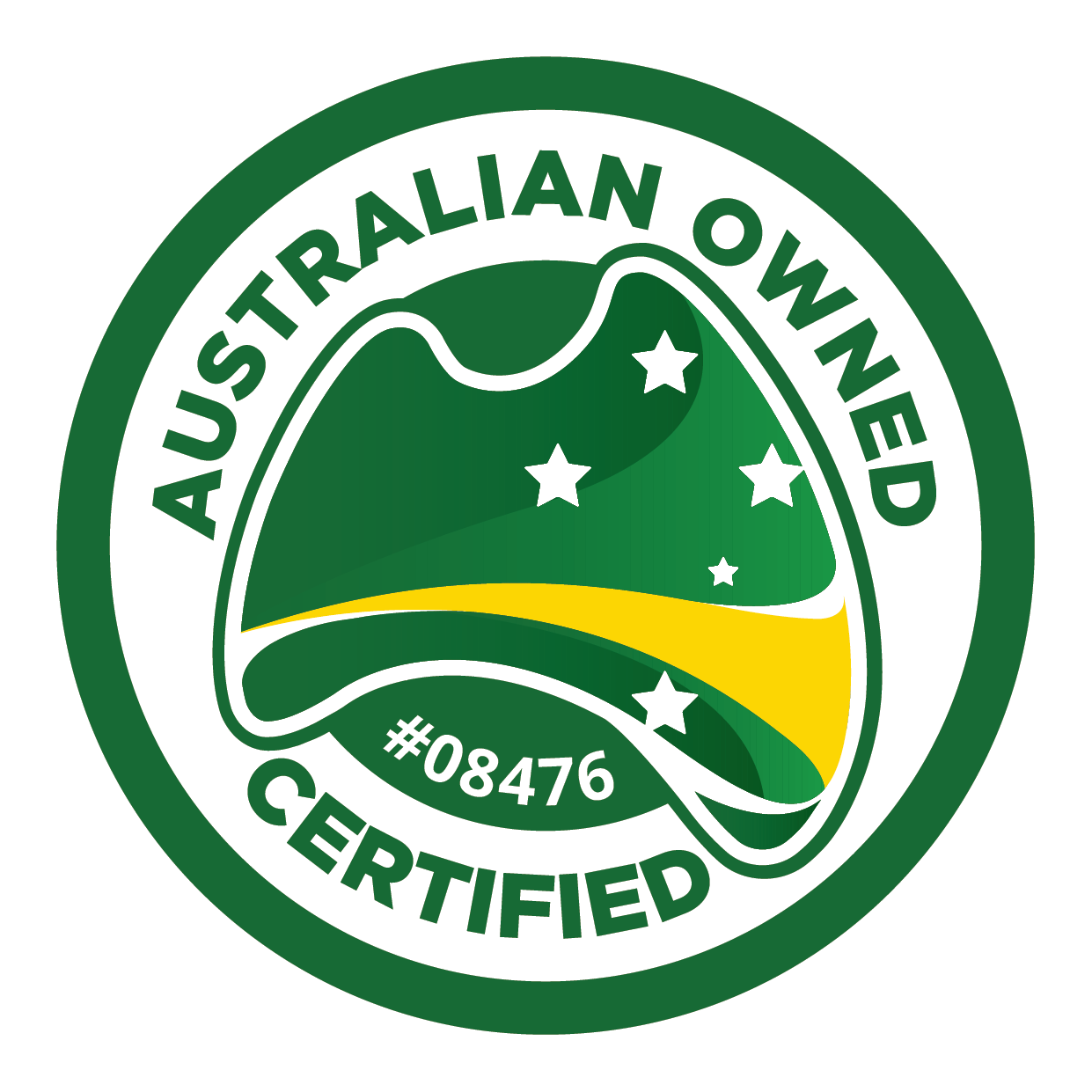27 May 2019 Why And When To Replace Your 3M Respirator Filters
How Often Should I Replace My Respirator Filters/Cartridges?
What Type Of 3M Filters Are There?
|
Why Do I Need To Replace My 3M Filters/Cartridges Regularly?
Particulate filters get clogged and blocked up which then make them harder to breathe though. This in turn means the worker needs to work harder when breathing therefore becoming more fatigued over extended periods of use. Gas and vapour filters can begin to let contaminants through once their sorbents become saturated. (This is known as breakthrough)When Do I Replace My 3M Particulate Filters?
It is best to replace BOTH the 3M Particulate Filters when it becomes difficult to breath or the filter becomes dirty or physically damaged. Each individual wearer will need to change their filters to suit their own personal usage.How Do 3M Particulate Filters Work?
3M particulate filters rely on electrostatically charged fibres to trap particulates within the filters. As these particulate filters fill up with the contaminant, they actually become a better filter BUT they do become harder to breathe through.
AS/NZS1716 uses a classification system to identify the different particulates the filter will protect against.
| P1 |
Particles generated by mechanical processes e.g. sanding, grinding
|
| P2 |
Particles generated by mechanical and thermal processes e.g. welding
|
| P3 | Particles including highly toxic material |
When Do I Replace 3M Gas And Vapour Cartridge Filters?
Many factors affect the service life of any 3M gas and vapour cartridge filters. These including type of contaminants, ventilation, temperature, breathing rates etc.It is best to replace BOTH the 3M gas and vapour cartridge filters when the expiry date on the sealed packet has passed, once opened maximum use time is 6 months and/or when the user can smell or taste the contaminants.
How Do 3M Gas And Vapour Cartridges Work?
These gas and vapour filters rely on sorbent material to absorb the gas and vapour molecules. Typically the sorbent is carbon grain which has been specifically treated to help absorb different types of gases and vapours.AS/NZS1716 uses a classification system to identify the different contaminants the carbon grain in the cartridges will protect against.
| A | Organic Vapours (boiling point >65ºC) | |
| B | Inorganic Gases | |
| E | Acid Gases | |
| K | Ammonia | |
| Hg | Mercury | |
| G | Organic Compounds with Low Vapour Pressures |





 © ABL Distribution 2025. All Rights Reserved.
© ABL Distribution 2025. All Rights Reserved.